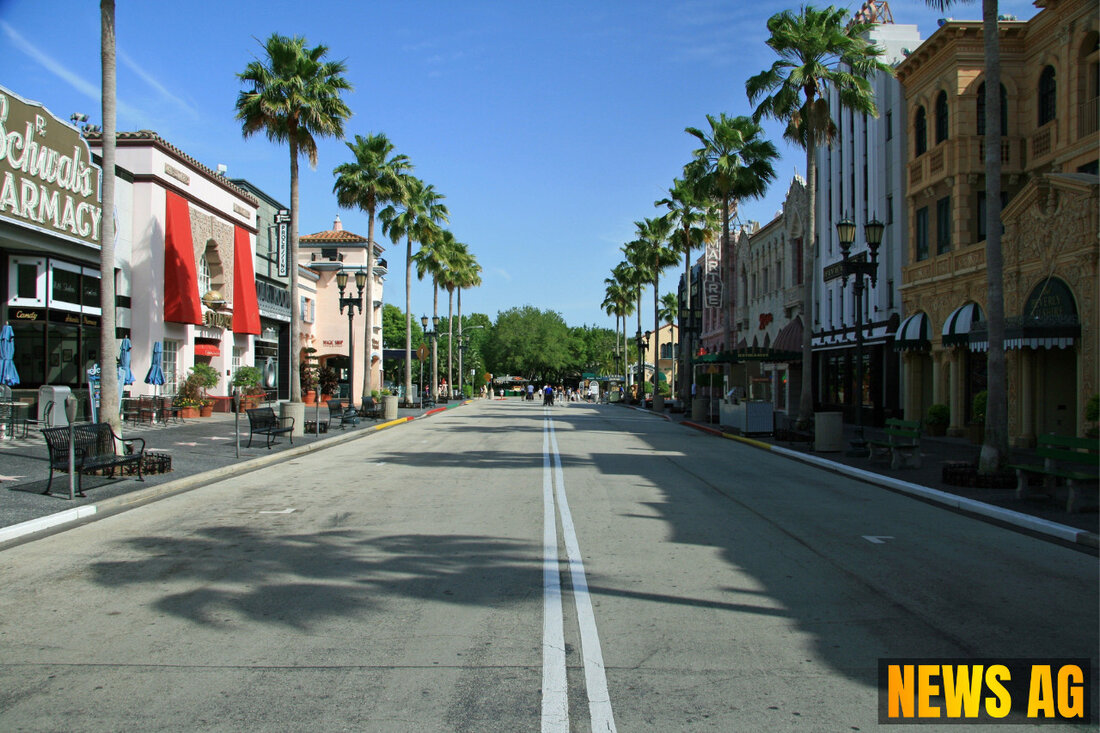Nine Years After Pulse: Honoring Victims, Advocating for Change
Pasco County honors Pulse shooting victims, reflecting on gun violence's ongoing impact on the LGBTQ community.

Nine Years After Pulse: Honoring Victims, Advocating for Change
Communities across the country have come together to honor the victims of the Pulse nightclub mass shooting, as the ninth anniversary of this tragic event approaches. On June 12, 2016, the shooting claimed 49 lives, predominantly affecting Latinx LGBTQ individuals and leaving behind 53 injured. Brandon Wolf, a survivor of that harrowing night, vividly recalls the chaos, the sound of gunshots ringing out, and the immense loss he felt after losing two close friends, Drew and Juan. Wolf believes that this event irrevocably reshaped our community, forcing a confrontation with issues of both gun violence and hatred.
In reflecting on this solemn anniversary, Wolf underscores the importance of remembrance—both for the victims and for a renewed commitment to combatting hate and gun violence. Nadine Smith, Executive Director of Equality Florida, echoed these sentiments by highlighting the continued prevalence of hateful rhetoric and the urgent need for sensible gun laws. “We have to engage in conversations, speak out against hate, and remember what has happened,” Smith implores. Advocates like these stress the importance of unity, emphasizing how crucial it is to see each other as neighbors and friends in the face of adversity.
The Rising Threat of Gun Violence
As we remember those lost at Pulse, it’s vital to look at the broader landscape of gun violence affecting the LGBTQ community. A report titled “Remembering and Honoring Pulse: Anti-LGBTQ Bias and Guns are Taking Lives of Countless LGBTQ People” was released by the Human Rights Campaign, Everytown for Gun Safety Support Fund, Giffords Law Center, and Equality Florida. This analysis reveals tremendous challenges facing the LGBTQ population, with over 10,000 hate crimes involving firearms occurring each year, contributing to an alarming average of more than 28 incidents per day.
Transgender individuals are particularly vulnerable, with the report noting that three-fourths of homicides against them involved a gun. An especially stark statistic shows nearly eight in ten homicides of Black trans women also involved firearms. Research has shown a 43% increase in the formation of anti-LGBTQ hate groups in just the past few years. This troubling trend underscores the necessity for legislative changes, and recommendations from the report include the Disarm Hate Act, aimed at preventing individuals convicted of violent hate crimes from acquiring firearms.
A Community in Need of Change
The struggles against gun violence and discrimination don’t exist in isolation—they intersect with broader societal issues affecting marginalized individuals. A study by Northwell Health points out that the actual scope of violence against LGBTQ+ communities remains unclear due to inadequate data collection and funding for research. While reported hate crimes have decreased by 20% since 2010, this statistic belies the reality that incidents of bias-motivated violence are on the rise.
All too often, intimate partner violence, mass shootings, and other forms of violence disproportionately target LGBTQ people, with particularly harsh impacts on gender-expansive individuals and queer individuals of color. Data reveals that guns were involved in nearly 60% of bias-motivated homicides against LGBTQ+ individuals in 2017. Sadly, nearly one in five hate crimes is motivated by sexuality or gender-identity bias, making members of the LGBTQ+ community more likely to be victims of violence than any other group.
As advocates like Wolf and Smith urge their communities to strive for unity and understand one another, the stark reality of rising gun violence serves as an urgent call to action. We must take these stories to heart and engage in meaningful dialogue around gun safety and the protection of those at the highest risks. Ultimately, this path forward involves dismantling the hate that fuels violence and working collectively for a safer future.
In remembering those we lost at Pulse, we commit ourselves not only to their memory but to the fight against the pervasive violence plaguing our society. There’s something to be said for holding on to their stories, ensuring that their voices continue to echo in our struggle for justice and change.
